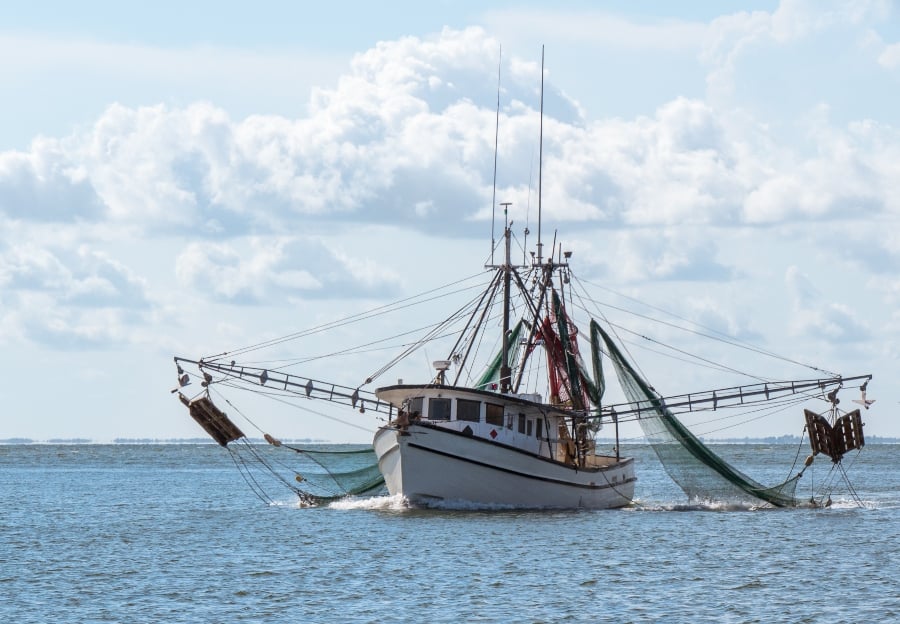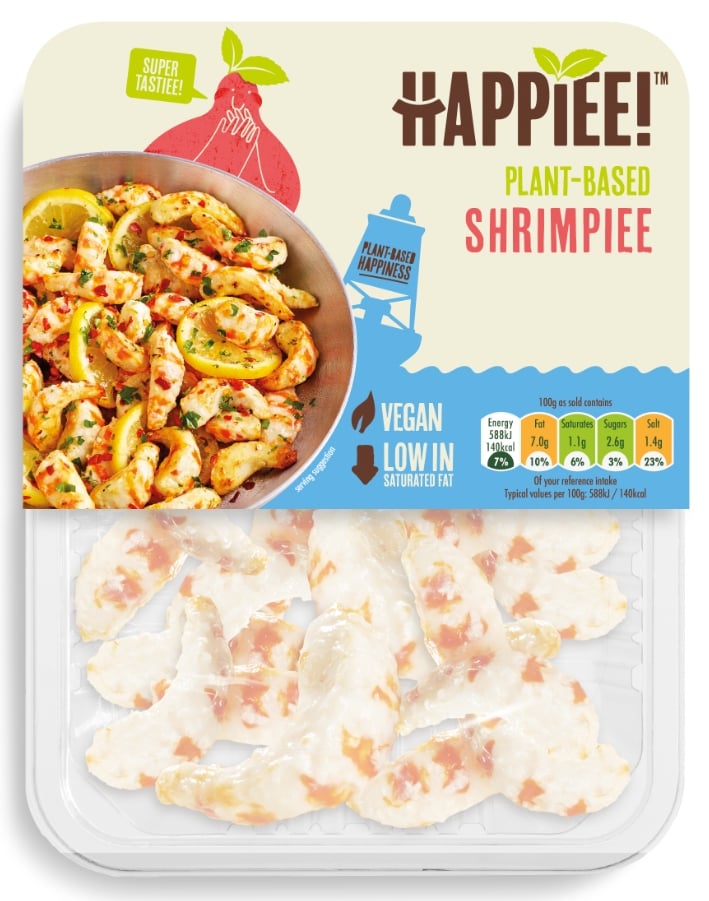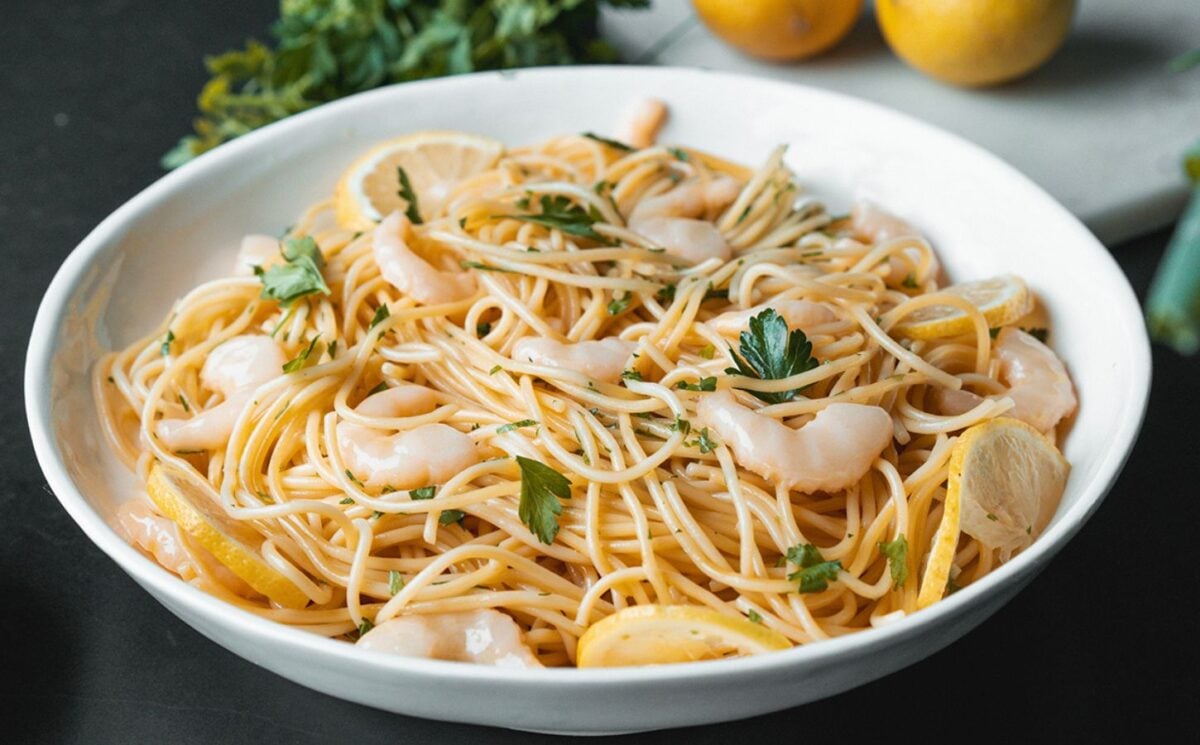Food tech company Steakholder Foods has developed the world’s first vegan 3D-printed shrimp.
Having debuted a vegan eel earlier this month, Steakholder Foods has now released a second vegan seafood product. This joins its 3D-printed beef and pork. The new shrimp aims to replicate the texture and flavor of shrimp without harming any marine life.
As with the eel, the new vegan shrimps uses the company’s proprietary 3D-printing technology.
Arik Kaufman, CEO of Steakholder Foods, said in a statement: “By unveiling a second new species of plant-based, 3D-printed seafood this month, we expect to position Steakholder Foods to sell and deliver its first DropJet printer in 2024, offering partners and customers a unique opportunity to benefit from the expanding global seafood market, while making the right kind of impact on the environment.”
Saving shrimps

The shrimp market is worth almost USD $70 billion. Moreover, analysts expect it to keep growing over the coming decade.
We don’t know exactly how many shrimps are killed by humans each year. Research has suggested that the figure could be 440 billion farmed shrimps, along with 25 trillion wild shrimps. As such, more shrimps are directly killed by humans for food than any other species.
Steakholder Foods promises a solution for growing demand that takes away all the killing. Its high-volume, efficient, and sustainable production could help put an end to the shrimp market.
As well as saving lives, 3D-printed seafood has a significantly lower environmental impact. The fishing industry is directly contributing to the climate and nature crises. Experts have long stated that our oceans are in danger of becoming severely depleted if we continue to fish the way we do. This is leading to the deterioration of these vital ecosystems around the world. Healthy marine ecosystems help sequester carbon from the atmosphere and are a key carbon store.
Growing interest in vegan seafood

The launch of 3D-printed shrimp adds to Steakholder Foods’ vegan seafood options. The company is trying to increase its product range before a sales push on its 3D printers later this year.
Vegan seafood, dubbed “the next big thing” in 2021, has now become a reality around the world. Products have become more realistic in mimicking the taste and texture of fish. The 3D-printed products will compete with a more conventional vegan seafood alternatives.
HAPPIEE!, a Singapore-based brand, which launched in 2022, sells realistic alternatives to shrimp, calamari, and squid. It uses ingredients like soy, potato, and wheat protein to create its alternatives and is currently available in supermarkets across the UK.






